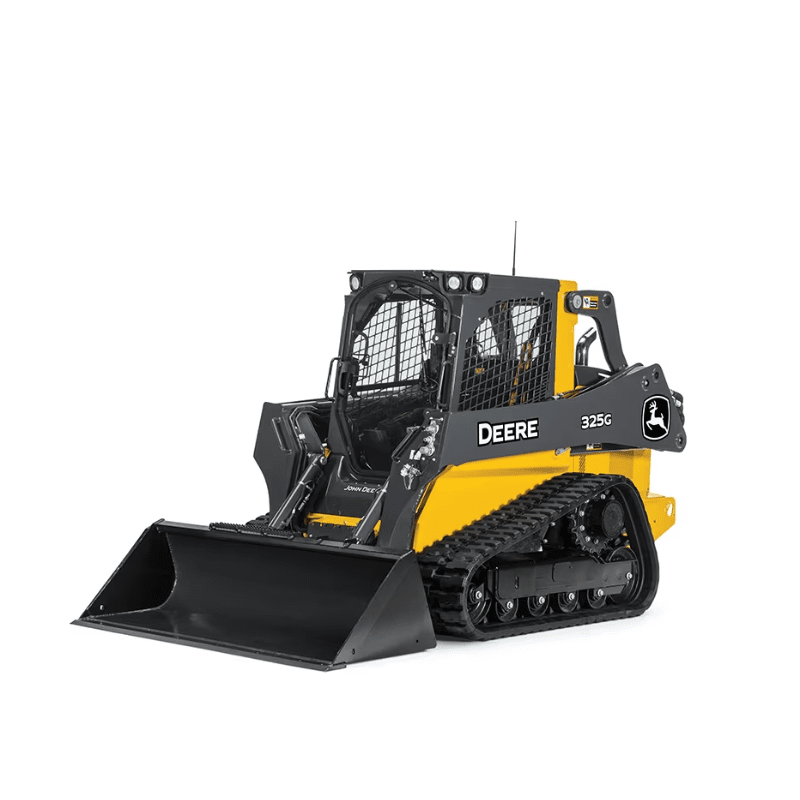Dozer Rental: Powerful Earthmoving Tools for Your Construction Needs
Dozer Rental: Powerful Earthmoving Tools for Your Construction Needs
Blog Article
Maximize Your Spending Plan by Comprehending the Costs Related To Building Equipment Services
Comprehending the full range of expenses related to construction tools rentals is crucial for maximizing your budget plan. While the preliminary rental cost may seem simple, various added costs-- such as transportation, gas surcharges, and upkeep-- can quickly collect, impacting your economic planning. In addition, recognizing numerous fees and the details of rental contracts can aid avoid unanticipated financial problems. What approaches can be employed to efficiently manage these expenses and make certain a more effective rental experience?
Introduction of Rental Costs
When taking into consideration building tools leasings, recognizing the associated prices is critical for reliable budgeting and job planning. Rental prices can vary dramatically based on a number of factors, consisting of tools type, period of service, and location. The preliminary rental cost typically mirrors the devices's market demand and its linked operational capabilities, influencing the total expenditure.
Along with the base rental rate, secondary expenses may develop, such as transportation fees, fuel surcharges, and maintenance charges. It is important to represent these added costs to properly examine the complete expense of renting devices. Furthermore, the rental duration can affect rates; longer rentals might get affordable prices, while short-term services might sustain higher daily charges.

Break Down of Rental Rates
A thorough understanding of rental prices is crucial for specialists and project managers intending to maximize their budget plans. Rental rates for construction equipment generally include a number of parts, consisting of base prices, time-based charges, and usage charges.
Base rates are the core charges related to the rental of the devices, often established by the type and size of the equipment. These rates can differ significantly, influenced by variables such as tools need, availability, and local market fads. Time-based charges, which may be daily, weekly, or monthly, offer to suit different project timelines and rental durations.
Furthermore, rental prices might consist of usage fees, which apply when devices is utilized beyond a defined limit, making certain that the rental firm can account for damage. Seasonal demand variations can additionally affect rental rates, with peak construction periods usually regulating greater costs.
Moreover, comprehending the rental business's policies pertaining to upkeep and insurance coverage can provide more understanding into the overall expense structure. By evaluating these components, specialists can make informed decisions, guaranteeing the selection of rental devices straightens with both job needs and budget plan constraints.
Extra Charges to Take Into Consideration
Comprehending the complexities of extra charges is critical for service Read Full Article providers to manage their total leasing expenses efficiently. Past the typical rental rates, numerous additional charges can significantly influence the total cost of tools leasing. These charges frequently include distribution and pickup costs, which can vary based upon distance and logistics included in transferring the equipment to and from the task website.
Furthermore, some rental firms may enforce gas surcharges if the equipment is returned with much less gas than when rented. It is additionally vital to know potential cleaning fees, specifically for specialized tools that needs detailed upkeep after usage.

Thoroughly reviewing the rental arrangement and clarifying these extra charges upfront can help service providers guarantee and avoid unexpected prices that spending plans continue to be undamaged throughout the job lifecycle.
Upkeep and Fixing Expenditures
Normal repair and maintenance expenditures are typically overlooked aspects that can dramatically affect the overall expense of building and construction devices services. When renting out equipment, it is crucial to consider not just the rental charges but also the possible prices related to keeping the machinery in optimal operating problem.
Several rental companies consist of fundamental maintenance as component of the rental contract; however, much more substantial repairs or unexpected failures can cause extra expenditures. It's vital to review the rental agreement thoroughly to recognize what maintenance services are covered and what duties drop on the renter.
In addition, devices that is not well-maintained can bring about inadequacies on the task website, possibly creating hold-ups and enhancing job costs. To mitigate these threats, it is recommended to conduct normal inspections and maintain open interaction with the rental service provider concerning any kind of concerns that emerge throughout use.
Insurance and Responsibility Expenses
Insurance coverage and liability costs are crucial elements that can substantially impact the total expense of construction tools leasings (forklift rental). These costs make certain that both the rental business and the client are safeguarded from potential economic losses occurring from crashes, damages, or burglary during the rental period

Furthermore, customers should know any kind of deductibles or exclusions in the insurance coverage, as these can impact possible out-of-pocket expenses. Comprehending the conditions of any insurance protection is essential to avoid unforeseen prices. Ultimately, budgeting for insurance coverage and obligation expenditures can help guarantee a smoother rental experience and shield against financial dangers related to construction projects.
Final Thought
In final thought, a detailed understanding of the prices associated with construction tools services is crucial click here to find out more for reliable budget plan management. Ultimately, educated decision-making relating to equipment services adds to the overall success of construction undertakings.
Rental expenses can differ substantially based on a number of factors, consisting of devices type, period of leasing, and location (dozer rental). The rental duration can impact rates; longer leasings might qualify for discounted rates, while temporary leasings could incur greater daily costs
By conducting thorough research study and involving with trustworthy rental firms, professionals can properly navigate the intricacies of rental pricing, eventually optimizing their monetary sources.
Beyond the typical rental rates, numerous supplementary fees can dramatically affect the overall price of equipment leasing. Rental firms frequently supply responsibility insurance that covers injuries to 3rd events or damage to property, while equipment damages insurance can cover the expense of fixings or replacement if the rented devices is harmed.
Report this page